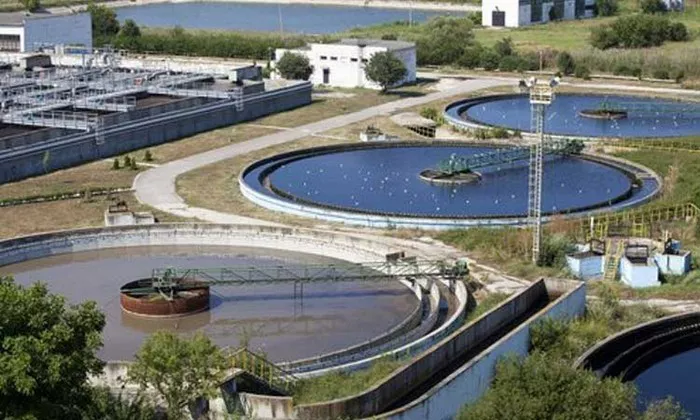In response to Maharashtra’s growing water pollution crisis, the state government has launched a comprehensive plan to address sewage contamination and encourage the reuse of wastewater. Environment Minister Pankaja Munde revealed the strategy during a one-day conference, “Municipal Wastewater Management Gaps, Sustainability, and the Way Forward,” highlighting the urgency of safeguarding the state’s rivers and lakes from the harmful effects of untreated sewage.
Combatting Sewage Pollution and Promoting Water Reuse
Munde discussed the challenges posed by untreated sewage from municipal corporations, village panchayats, and metropolitan areas. This waste often ends up directly in water bodies, contributing to severe pollution and posing significant public health risks. To mitigate these issues, the government is developing a strategic plan focused on sustainable sewage management and river and lake conservation.
A key component of the plan is the creation of a technical cell that will implement advanced wastewater management technologies. This team will also provide training and awareness programs for local governing bodies to encourage the widespread adoption of effective sewage treatment practices. Munde emphasized the need for immediate action to reduce the volume of untreated sewage entering water bodies, improving both public health and environmental conditions.
Exploring Wastewater Recycling Solutions
Urban development principal secretary, K.H. Govindrao, joined the discussion, stressing the importance of wastewater recycling for local reuse. He proposed increasing investments in wastewater treatment plants and urged municipal corporations to prioritize sewage management. By effectively recycling wastewater, the state could significantly reduce pollution levels and promote sustainable water usage.
In addition to sewage treatment, Munde addressed the issue of pesticide runoff from agricultural areas, which further contributes to water pollution. She advocated for a collaborative approach involving government departments, local authorities, and the public to enforce pollution control measures and raise awareness.
Collaborative Efforts for Sustainable Water Management
At the conference, experts such as Dr. Rakesh Kumar from Indore and Prof. Anil Kumar from IIT Bombay discussed natural pollution control methods. They emphasized the need to strengthen water purification infrastructure and adopt sustainable solutions for maintaining clean water.
In the coming months, the Maharashtra government will introduce new initiatives aimed at improving water resource management, including the development of advanced infrastructure and new technologies to reduce water pollution. Dr. Avinash Dhakne, Member Secretary of the Maharashtra Pollution Control Board, presented a detailed assessment of the current state of water pollution, which revealed alarming trends in urban areas like Mumbai and Navi Mumbai. However, successful pollution control models from these cities are now being shared with other regions, fostering innovation and progress.
Conclusion
The Maharashtra government’s new plan represents a crucial step in addressing the state’s water pollution challenges. By focusing on sewage treatment, wastewater recycling, and strengthening collaboration among various stakeholders, the state is taking a significant stride towards improving water quality. Continued investment in infrastructure, technology, and public awareness will be key to ensuring long-term success in protecting Maharashtra’s water resources for future generations.
Related topics:

